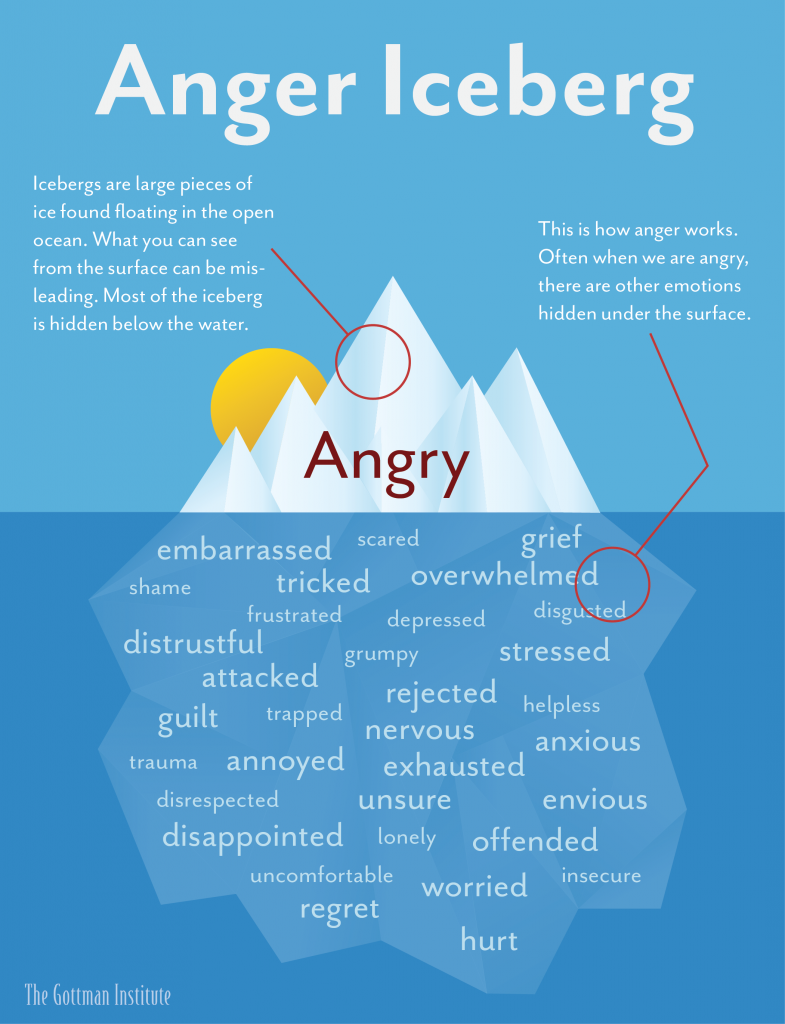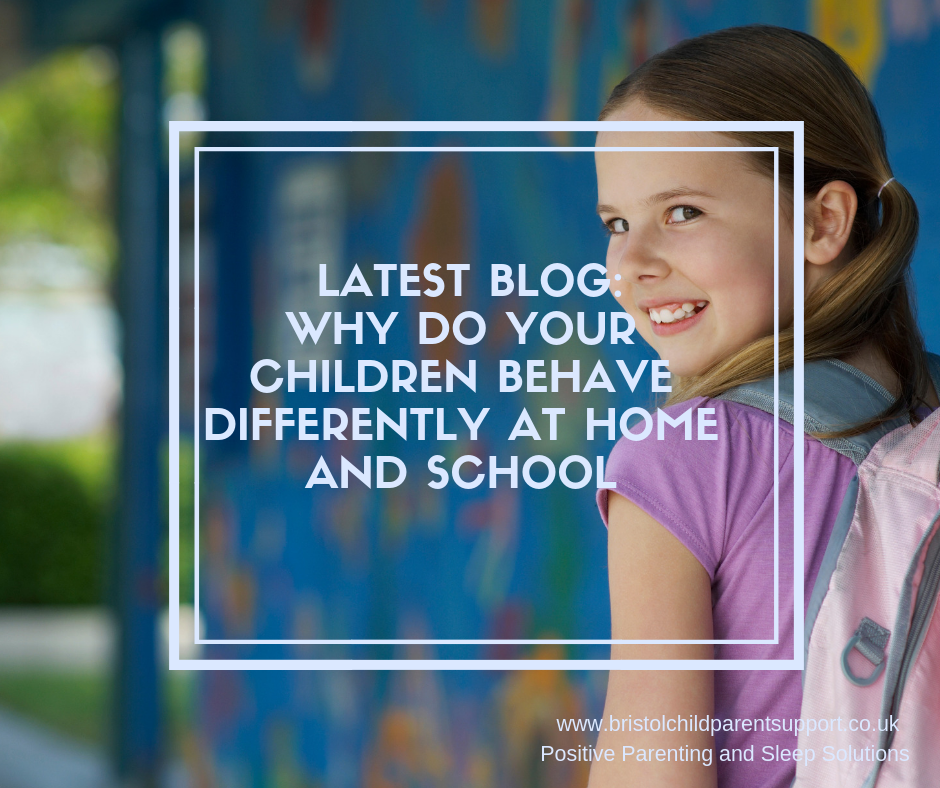It’s common for children to behave “differently at home and school. It’s sometimes puzzling for my clients when they attend parents’ evenings and hear how great Stephen is when you know he can be challenging at home. This might create thoughts of getting it wrong or feeling upset and puzzled. Let’s try and understand some of the reasons for this:
Reasons why your child may behave differently at home and school
1. Your child feels safest at home
Most of us, including children, feel we can be our “worst selves at home”. Our family will always forgive us. Be reassured that you know your child feels safe and to express themselves thoroughly at home.
2. Your child may behave differently due to Anxiety
If your child is suffering from Anxiety, especially social Anxiety. The school environment is challenging on many levels. Your child has to navigate multiple interactions, groups, peers, and teachers. This takes a tremendous amount of energy. I’ve worked with many children who mask their symptoms all day; they tell their friends that they are fine, and this is generally due to feelings of shame and embarrassment. When they return home, they are exhausted, have meltdowns, or may isolate themselves in their rooms. If you want to know more about social Anxiety and Anxiety, click here >>Anxiety Symptoms, Disorders, and Support<<
3. Your child may have Learning Challenges
You may not know that your child may have processing difficulties or even dyslexia. Learning issues can be hard to assess and overlooked in the education system. Your child may be working hard to please the teacher and keep up with their peers. When they return home, they look for ways to relieve the tension. They may present with meltdowns that seem to come from your simple request. Have you ever noticed this?
4. They may have a disorder such as ADHD, Attachment or another Disorder.
It can work the other way; your child may behave well at home but struggle at school. The school environment is structured, often helpful and reassuring for most children. However, some children have to work hard to “inhibit” responses. They may struggle to be patient and stay on task. They may constantly be “distracted” and “distracting”. Home may be easier to manage ( it may not be too). It has less structure and places fewer academic demands. For more information on >>Attachment<< and >> ADHD<<
These are just a few ideas of the differences in how your child might behave differently at home and school.
Here are simple ideas on how to help and support you now. “
Recognise and accept that you may not be doing anything wrong; your child may have some underlying difficulties. It’s not your fault or theirs!
Start to talk to them about it, use non-threatening language and observations, and feel the words. ( Make sure they know a wide range of feeling words) The Anger iceberg below has other feeling words
When you talk to them, use language such as, ” Could you be? Do you think it might be because? Here is an example of what you might say:
“I understand why you might feel sad/angry because school was hard today.
This does not mean that you should not set limits if they are angry. All feelings are accepted, but some behaviours are limited.
Allow a “calm moment” when they return from school to home. Transitions are hard for many children, especially those suffering from Anxiety. Let your children sit down for half an hour to eat a snack and relax before any expectations. This will help their stress system to calm down and may prevent a tantrum or meltdown. Of course, following the break, you continue to have expectations that they complete homework, etc.

4. Acknowledge that there may be other feelings beneath the anger. The Anger Iceberg from the Gottman Institute highlights this

Seek help from a Therapist, Educational Psychologist, GP, or School Nurse. Following this, initiate a meeting at the school. Develop a home and school plan. This is called a systemic approach (this means everyone working together with a consistent approach and plan). Ask questions on how they might manage the “
Good luck; if you are struggling, contact me for a consultation and more on Anxiety, do attend my>> Stop the Worry Cycle Workshop<<
With Love, Catherine. Hoping 2019 will be your best!



